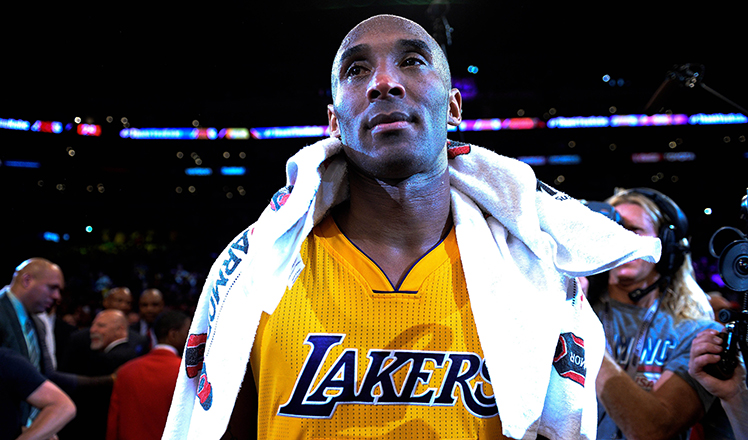China's downgrade and the case for global ratings reforms
Updated: 2016-04-15 10:28
(chinadaily.com.cn)
|
||||||||
Sovereign ratings and sovereign debt
Currently, China's sovereign debt is adversely impacted by local debt, not by the central government's debt. It is not the result of a long historical process, which is the case in the advanced economies. Rather, most of it was accrued as an unintended side-effect of the large stimulus package of 2009. The latter did sustain confidence amid the global crisis; it contributed to infrastructure in China; it spared advanced economies from the Great Depression 2.0; and it enabled global growth at a time when the latter was most desperately needed.
Yet, it also resulted in excessive, inadequately managed liquidity, which generated huge challenges in property markets and local debt. So, the government has engaged in a balancing act and structural reforms that seek to defuse the debt challenge in the medium-term, while ensuring adequate growth in the short-term.
If the "Big Three" see China's downgrade as warranted, that raises the question whether the ratings of most advanced economies remain justified.
Without effective growth, major advanced economies rely on ultra-low interest rates (U.S.), continued quantitative easing, or both (Europe, Japan). Despite their high credit ratings, these economies have high, even excessive government-debt-to-GDP levels, as evidenced by Japan (close to 250 percent), Italy (over 130 percent), U.S. (105 percent), France (over 95 percent), U.K. (90 percent) and Germany (over 70 percent).
Toward global ratings reforms
The assumption is that these sovereigns are able and willing to repay their debt. Yet, despite the deleveraging rhetoric, in most cases the debt burden is actually increasing.
Japan's rating is AA- (the same as China's), even though its debt burden is twice as large in relative terms as that of Italy, which S&P has downgraded to BBB-, the closest to junk. The U.S. rating is AA+, although its debt burden in relative terms is significantly higher than that of France whose rating is AA.
The U.S. debt burden exceeds $19.2 trillion, which means that the nation must pay $2.4 trillion in total interest - more than the largest budget items (Medicare/ Medicaid, social security and defense) together. America also lacks a credible, bipartisan and medium-term debt-reduction plan, which would seem to contradict the S&P requirement that a country is not just able but willing to pay its debt.
Finally, the U.K. and Germany continue to enjoy AAA ratings - although their public debt level is in relative terms twice as high as that of China.
Since the global financial crisis, the Chinese credit rating agency Dagong has downgraded its U.S. rating several times. Meanwhile, U.S. Securities and Exchange Commission (SEC) in 2010 rejected an application by Dagong to enter the U.S. marketplace. In the advanced economies, the argument is that Dagong reflects Chinese interests. Yet, the argument that the "Big Three" reflect the interests of major advanced economies is discounted in advanced economies.
Unlike the large CRAs, Dagong and China are committed to reshaping the global credit rating system. Over time, that is very much in the interest of the international community. Consequently, these reforms are supported by a rising international consensus. Global sovereign ratings are far too important to remain a monopoly reserve of a few major advanced economies whose high-level debt poses a rising risk to global stability and prosperity.
The author is the founder of Difference Group and has served as research director at the India, China and America Institute (US) and visiting fellow at the Shanghai Institutes for International Studies (China) and the EU Centre (Singapore). For more, see www.differencegroup.net
The opinions expressed here are those of the writer and don't represent views of China Daily website.

 8 good books from London Book Fair you can't miss
8 good books from London Book Fair you can't miss
 Kobe Bryant's accomplishments by the numbers
Kobe Bryant's accomplishments by the numbers
 Top 10 Chinese cities with biggest surge in home prices
Top 10 Chinese cities with biggest surge in home prices
 Beijing Hutongs revived in watercolors
Beijing Hutongs revived in watercolors
 China's couple lose same-sex marriage case
China's couple lose same-sex marriage case
 Thank you Kobe, say Chinese fans in countdown to retirement
Thank you Kobe, say Chinese fans in countdown to retirement
 3D printers from China at New York show
3D printers from China at New York show
 UN takes historic step to open selection of new UN chief
UN takes historic step to open selection of new UN chief
Most Viewed
Editor's Picks

|

|

|

|

|

|
Today's Top News
Duke alumni visit Chinese Embassy
Marriott unlikely to top Anbang offer for Starwood: Observers
Chinese biopharma debuts on Nasdaq
What ends Jeb Bush's White House hopes
Investigation for Nicolas's campaign
Will US-ASEAN meeting be good for region?
Accentuate the positive in Sino-US relations
Dangerous games on peninsula will have no winner
US Weekly

|

|







